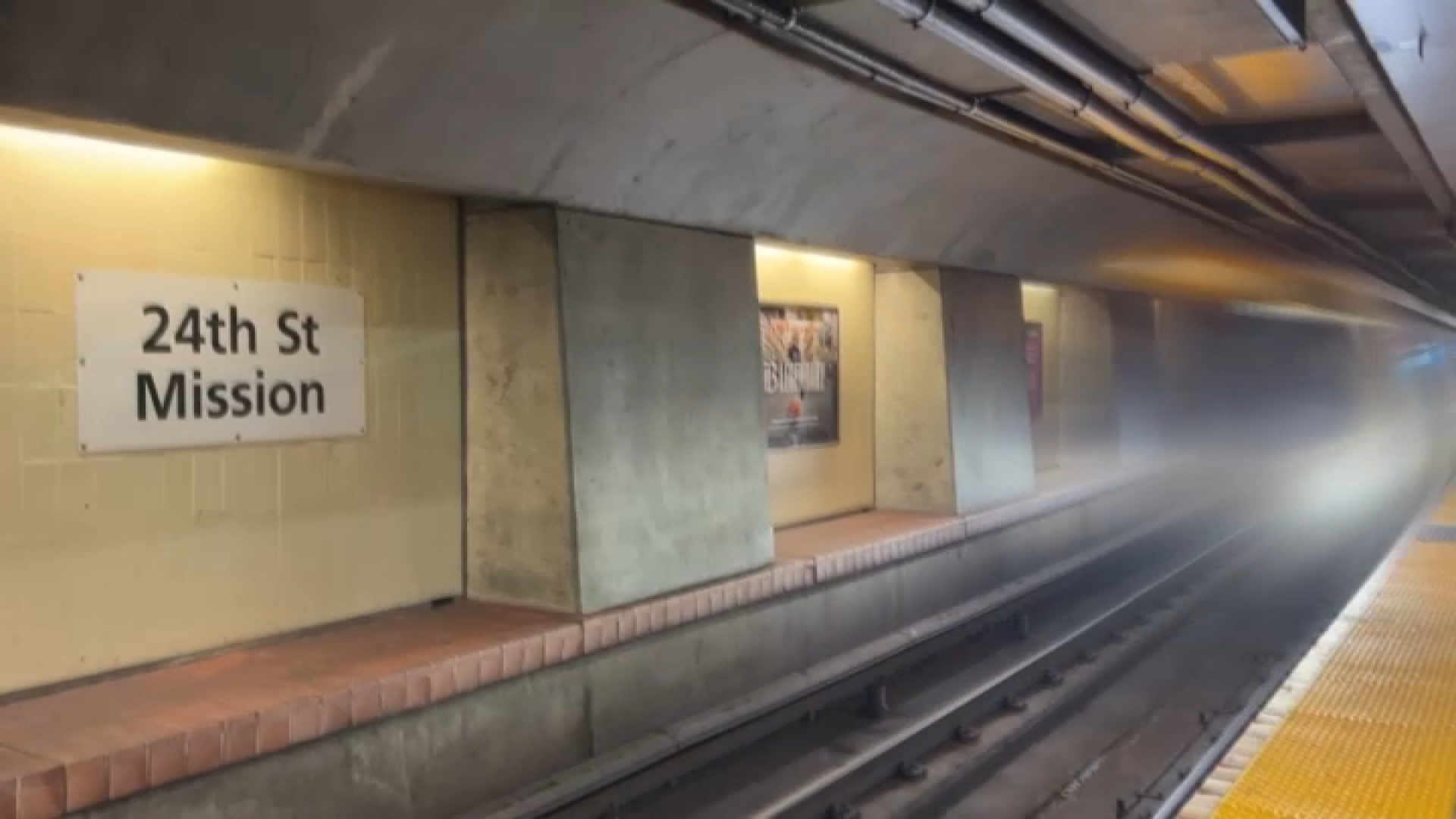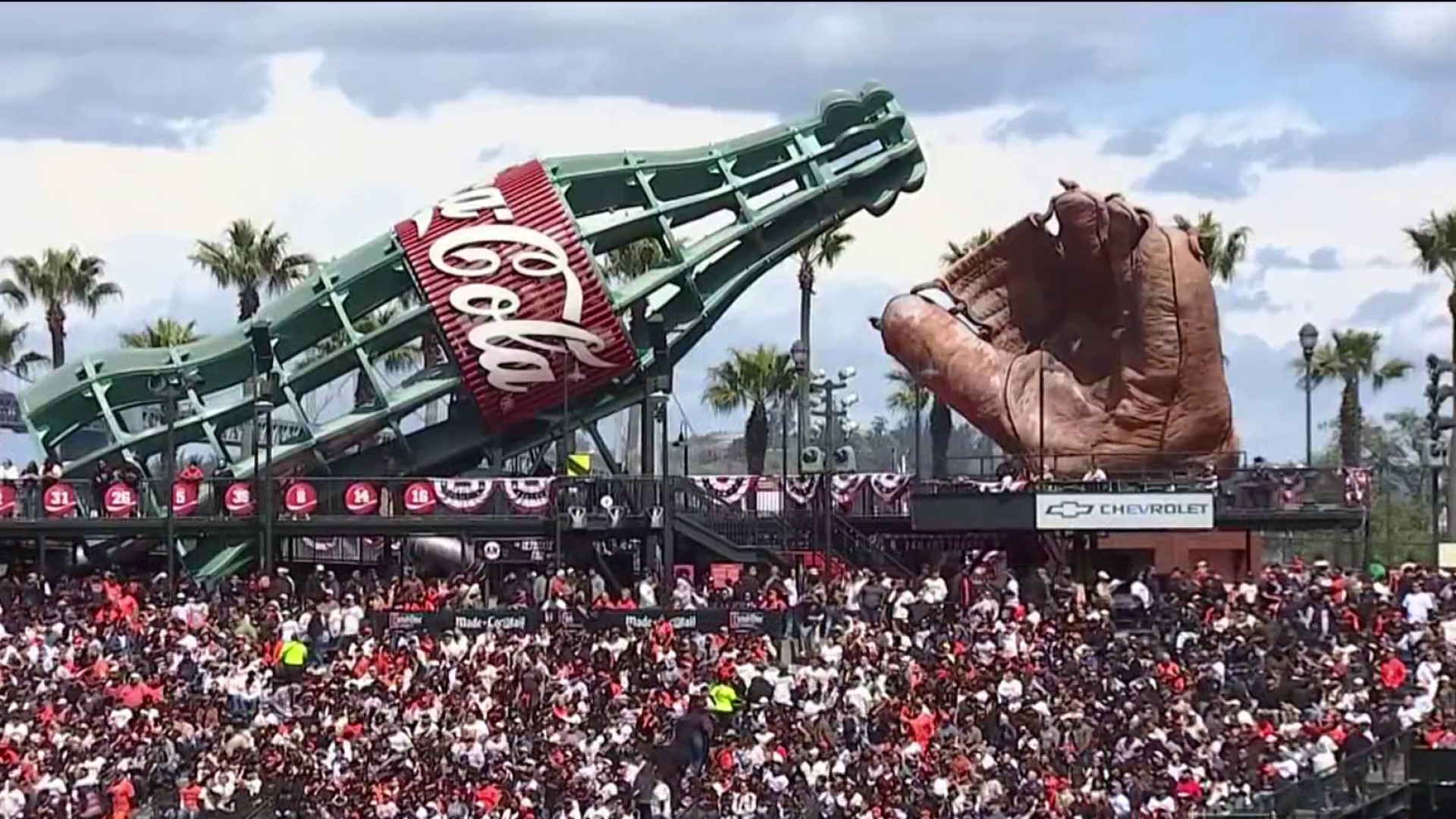Thousands came out for another night market in San Francisco’s Chinatown Friday night.
The event was so packed that Mayor London Breed is now promising to work with organizers to close more streets for the monthly event. It’s all happening in an area where some businesses say they’re still feeling the lingering impacts of the pandemic.
Attendees came from near and far to eat at the market.
“It’s amazing,” said one person. “I’ve loved everything I’ve tried to far.”
That’s exactly what Lily Lo wants to hear. She founded the nonprofit BeChinatown, and got a grant to organize monthly night markets this year. They seem to keep growing in popularity.
“This is one way to create jobs and bring in more income,” Lo said. “People are really excited about it. I only can do once a month and people want to do every week. It’s a lot of very hard — it’s a lot of work.”
The market runs for three blocks on Grant Avenue, and the crowds left an impression on the mayor.
“Well, this is bigger,” Breed said. “So we’re going to work with Lily to close down additional streets, because we need more room! We have so many people, this is even bigger than the last time.”
For some Chinatown shops, like AA BAkery, it’s the time in-between night markets where they struggle.
Get a weekly recap of the latest San Francisco Bay Area housing news. Sign up for NBC Bay Area’s Housing Deconstructed newsletter.
“Last couple of weeks, we quiet. Chinatown very quiet,” said owner Henry Chen. “But today, look at it — so many people coming out.”
The night market’s draw is trickling over to new ventures, too — like the first Chinese queer museum at 41 Ross’ Artist-in-Residence space, showing off the neighborhood’s inclusivity.
“We also want to uplift that it’s a welcoming place,” said Chinese Culture Center of San Francisco’s Executive Director Jenny Leung, “that it’s welcoming to the LGBTQ community, as well.”
It's a new way for people to enjoy a historic neighborhood.
“So many people come out for the nigh market,” said Cynthia Huie, one of the founders of On Waverly. “And I think that’s really what the new Chinatown has to be, is finding ways that speak to people.”



